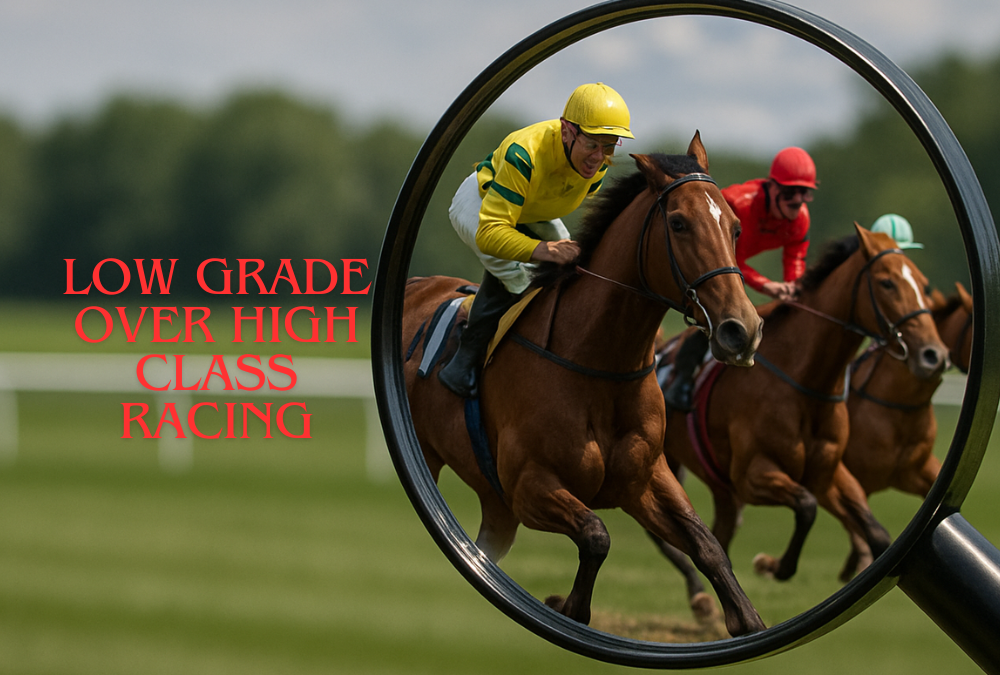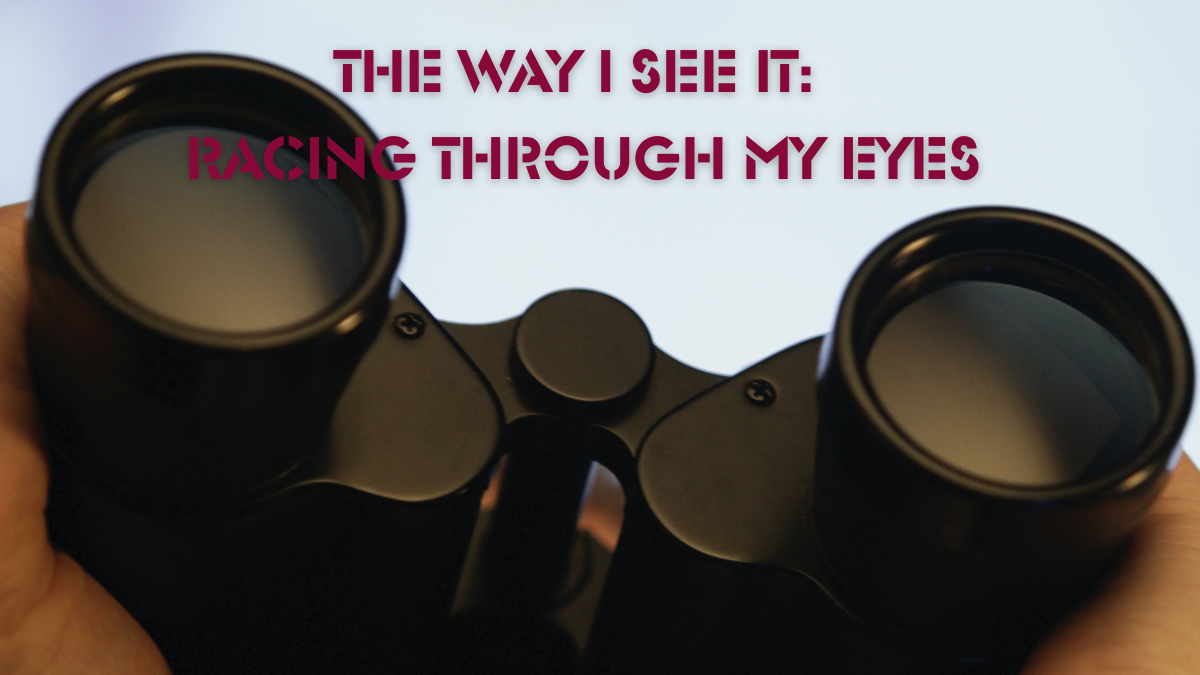Horse Racing Lay Betting
Horse Racing Lay betting allows you to bet against a horse winning. Instead of backing a horse to win, you’re predicting it won’t win. If the horse finishes second or worse, your lay bet is successful.
This is only possible through betting exchanges like Betfair, Smarkets, and Matchbook, where punters bet against each other rather than with a traditional bookmaker.
Lay betting is a core strategy for bettors who prefer data-driven decisions, focusing on value, vulnerability, and probability rather than just picking winners.
If you’re looking to identify overhyped horses, understand race dynamics, and make sharper betting decisions, lay betting gives you that opportunity.
Looking for daily lay betting selections?
Access our Lay Betting Subscription site here for full access to our daily service.

Horse Racing Tips Service
Horse Racing Tips Horse racing tips are one of the most in-demand resources in betting, with thousands of punters searching

Obvious Edge: Daily Short Odds Horse Racing Selections
Obvious Edge: Daily Short Odds Horse Racing Selections This is the live home for daily selections from the Obvious Edge

Horse Racing Sectionals: The Basic Guide to Understanding True Race Pace
Horse Racing Sectionals: The Basic Guide to Understanding True Race Pace You’ve probably looked at a race result, seen the

Understanding PR vs OR – Performance vs Handicap Marks
How to Spot Well-Handicapped Horses Using Predictive Ratings Spotting well-handicapped horses is the secret to finding value bets in handicap
How Lay Betting Works
Suppose you lay a horse at odds of 3.0 (2/1) for £100. Here’s how it plays out:
If the horse loses, you win £100
If the horse wins, you lose £200 (your liability)
This is why staking discipline and selection accuracy are crucial. The liability risk can be high, but the edge lies in consistently finding horses that fail to deliver.
Why horse racing Lay Betting Appeals to Serious Punters
You don’t need to find the winner — just a horse that doesn’t win
It allows you to exploit false favourites and poor race placements
It works well with form study, trainer patterns, and track biases
It’s ideal for bettors who rely on logic and probability over guesswork
Why Lay Betting Is Overlooked and Misunderstood
Despite its potential, lay betting in horse racing remains one of the most underused strategies among punters. Many bettors are familiar with backing a horse to win, but the idea of betting against a horse — and understanding how liability works — often feels more complex than it really is.
This misunderstanding creates a major gap in the market — and an opportunity for those who take the time to learn how to lay horses properly.
Lack of Education Around Exchanges
One of the main reasons lay betting is misunderstood is that it’s not available through traditional bookmakers. Instead, it’s done through betting exchanges like Betfair, Smarkets, and Matchbook. Since most punters place their bets with high-street or online bookies, they never explore how exchanges work — or the advantages they offer.
Understanding that you are the bookmaker in a lay bet is a key shift. You’re taking on the risk a bookmaker would usually handle — but in return, you get full control over your odds, stakes, and liabilities.
Fear of Liability
The word liability puts a lot of bettors off. It sounds risky — and it can be if you’re undisciplined — but in reality, it’s just part of learning how to manage your bankroll correctly.
In a back bet, your risk is limited to your stake. In a lay bet, your liability is the amount you risk losing if the horse wins. But that doesn’t make it dangerous — it makes it strategic. You control how much liability you take on by selecting your stake and the horse’s odds.
Once you understand how liability works, lay betting becomes a powerful part of your toolkit.
Chasing Winners vs Finding Losers
The psychology of betting is deeply rooted in trying to find winners. That’s how horse racing is sold to most bettors. But professional punters know the real edge is often in spotting false favourites or horses that are vulnerable under today’s conditions.
Lay betting allows you to profit from that edge — even if the horse finishes a close second.
Why This Matters
Most punters ignore lay betting entirely
Exchanges offer a different, often better, approach to betting
Liability is misunderstood, but manageable
Lay betting is ideal for form-based, logic-driven bettors
It’s an untapped method that creates long-term value

Bet £10 Get £40
claim Now
Bet £10 Get £30 FREE BETS
Claim Now
Bet £10 Get £20 FREE BET
Claim Now
Bet £10 Get £50 In Multiples
Claim Now
Bet £10 Get £50 In Multiples
Claim Now




Different Approaches to Lay Betting in Horse Racing
Like everything in horse racing, there’s no single right way to approach lay betting. Some punters rely on form analysis, others on statistical models, and many develop their own systems based on years of experience. That’s the beauty of lay betting — it’s flexible, adaptable, and can be shaped around your own strengths as a bettor.
Whether you’re focused on identifying false favourites, laying exposed runners at short prices, or building a ratings-based lay strategy, there are countless paths to finding value.
To help you get started, we’ve written a series of in-depth articles covering the most effective approaches to lay betting — from beginner foundations to advanced tactics.
Lay Bet Calculator
Calculated Liability (20% of Bank): £0.00
Required Lay Stake: £0.00
Explore Our Lay Betting Articles

Frequently Asked Questions
Please Be Sure To Contact Us If You Have More Questions.
What does lay betting mean in horse racing?
Lay betting means you are betting against a horse to win. If the horse loses — whether it finishes second or last — your bet wins. Lay betting is only available through betting exchanges like Betfair, where you act as the bookmaker by offering odds for other people to back. not just following tips.
Is lay betting profitable long-term?
Lay betting can be profitable if used with a disciplined, value-focused approach. Success comes from identifying overbet horses, false favourites, and runners that are poorly suited to today’s conditions. Long-term profit depends on accurate form analysis, smart liability management, and avoiding emotional decisions.
How do I place a lay bet on Betfair?
To place a lay bet on Betfair:
Open a Betfair Exchange account
Find the race and select the horse you want to lay
Click on the lay price (usually in red)
Enter your stake, check the liability, and confirm your bet
You are now acting as the bookmaker — your profit comes if the horse loses.
What’s the difference between backing and laying a horse?
Backing a horse means betting on it to win
Laying a horse means betting against it to win
In a back bet, your risk is your stake. In a lay bet, your liability is what you stand to lose if the horse wins. Lay betting gives you more flexibility, especially when you spot vulnerable favourites or bad value runners.







